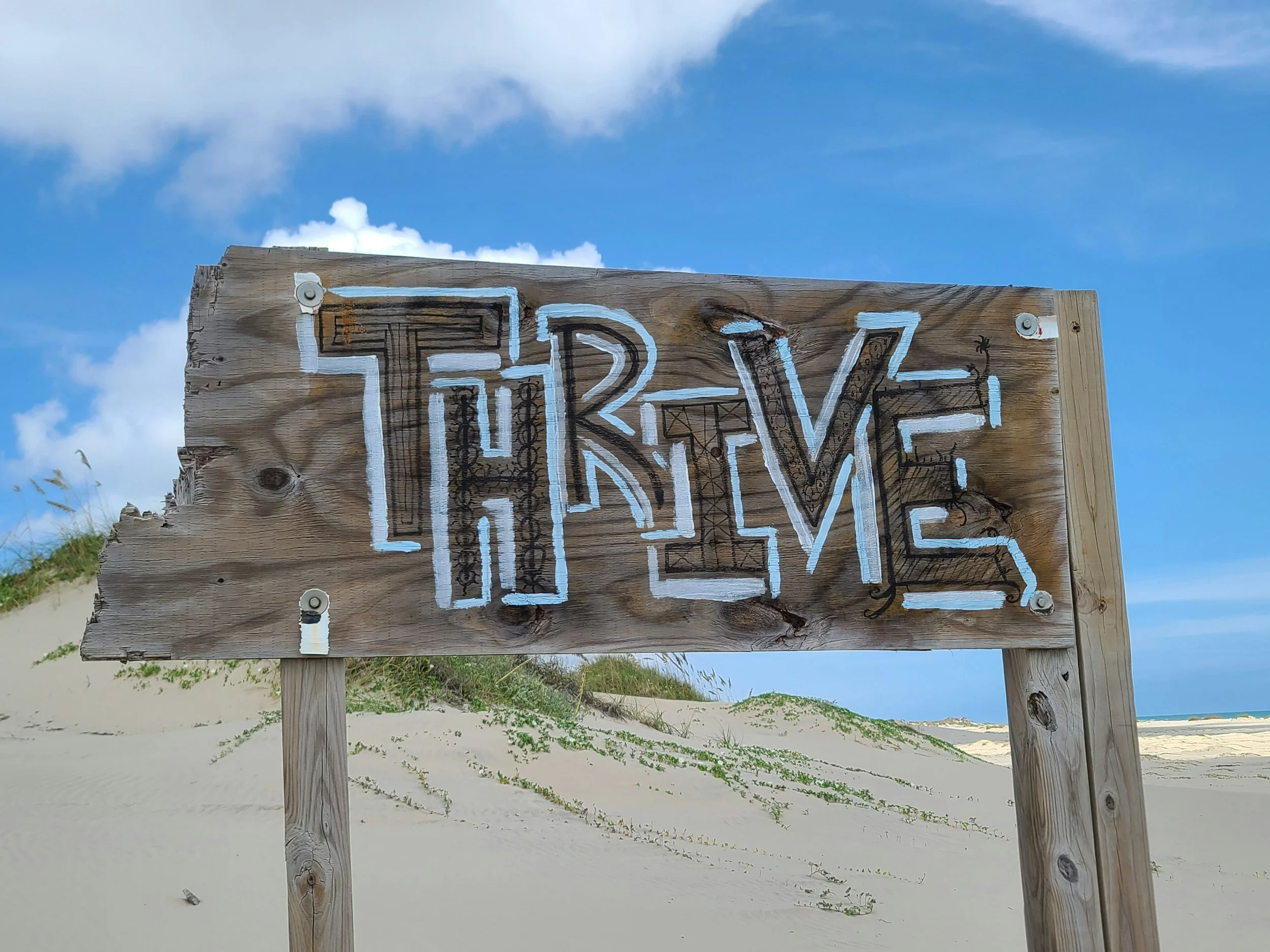Living Chunk by Chunk: Implementing Practical Time Management Strategies
Published 10 December 2024
“...But if you just say, ‘Okay, I have one hour today to lesson plan.’ You set the timer. Once the timer’s up, you just make sure that you have your bones for the next day. It doesn’t necessarily have to be teaching, like, I’m a Transition Navigator and I say, ‘Okay, for 30 minutes I need to get caught up on case notes,’ or ‘For this chunk of time, I’m gonna work on this research project. This 30-minute block, I’m going to prep for a presentation I have coming up,’ and that is a great time management tool that I––Cal, I’ve talked to you about this book––‘168 Hours: You Have More Time Than You Think,’ I presented on it at a conference, actually, and that, I think, really helped me just see where I was spending my time and how much of my time am I spending on things I’m truly passionate about, and how much of it is things that I’m not passionate about, and trying to really eliminate those and then expand on the ones that I am passionate about.”
In the fast-paced world of education and research, effective time management is crucial for success. Whether you're juggling classroom responsibilities or managing complex research projects, the ability to optimize your time can significantly impact your productivity and overall well-being.
Recent studies have shed light on the importance of time management in academic settings. A 2023 study focusing on engineering students found that "having control over one's time" was the most critical aspect of successful time management (Rupar & Strong, 2023). This principle applies equally to educators and researchers, emphasizing the need for autonomy in scheduling and task prioritization.
For educators, time management extends beyond personal productivity to impact student outcomes. A study on differentiated instruction in Rwanda highlighted "time constraints" as a significant challenge for teachers implementing learner-centered strategies (Osae & Papadopoulos, 2024). By improving our time management skills, educators can create more effective learning environments and better support their students' diverse needs.
Researchers face unique time management challenges, often balancing multiple projects, grant applications, and publication deadlines. One innovative approach to time management in educational settings is the implementation of e-learning tools. A 2009 study found that customized Learning Management Systems (LMS) could help students "gradually gain their learning habits" and improve their time management skills (Goda et al., 2009). Educators and researchers can leverage similar digital tools to streamline their workflows and enhance scheduled productivity.
As explored in Grace’s quote above, prioritization of and concentration on tasks can have a great impact on the quality of our work. Vanderkam recommends we “seize control” of our schedules, “get rid of” non-priority tasks by “ignoring, minimizing, or outsourcing them,” and increase our efficiency by getting better at our craft (p. 86). She also urges us to not “mistake things that look like work for actual work.”
As you work to improve your time management skills, keep in mind that it's an ongoing process. Don't be afraid to experiment with different approaches to find what works best for you.
Practical Tips for Effective Time Management
Prioritize tasks using the Eisenhower Matrix (urgent vs. important)
Implement the Pomodoro Technique for focused work sessions
Use digital tools for task management and scheduling
Set realistic deadlines within a standard "workweek" (Rupar, & Strong, 2023)
Establish a consistent daily routine
Practice regular reflection and adjustment of time management strategies
Delegate tasks when possible to focus on high-priority responsibilities
Create dedicated time blocks for deep work and avoid multitasking (Vanderkam, 2010)
Regularly assess and optimize your physical workspace for efficiency
Incorporate short breaks to maintain focus and prevent burnout
By implementing these strategies, educators and researchers can take control of their time and achieve greater success in their professional endeavors. Remember, effective time management is not about doing more in less time, but about making the most of the time you have.
Mastering time management is a critical skill for both educators and researchers. By implementing evidence-based strategies and remaining flexible in your approach, you can enhance your productivity, reduce stress, and achieve greater success in your professional life.
Discussion Question
What time management strategies have you found to be the most impactful in your work? What other strategies are you trying to implement now?
Related Posts
-
Goda, Y., Matsuda, T., Yamada, M., Saito, Y., Kato, H., & Miyagawa, H. (2009). Ingenious Attempts to Develop Self-Regulated Learning Strategies with e-Learning: Focusing on Time-Management Skill and Learning Habit. Retrieved from https://www.semantihttps://www.semanticscholar.org/paper/Ingenious-Attempts-to-Develop-Self-Regulated-with-Goda-Matsuda/750cf5367eacca9c024d10e8db983c164b745746cscholar.org/paper/Ingenious-Attempts-to-Develop-Self-Regulated-with-Goda-Matsuda/750cf5367eacca9c024d10e8db983c164b745746
Osae, C., & Papadopoulos, I. (2024). Delving into Educators' Perspectives and Practices in Second Language Teaching Contexts: Differentiated Instruction in the Spotlight. Forum for Linguistic Studies, 6(3), 294-325. Retrieved from https://www.semanticscholar.org/paper/Delving-into-Educators'-Perspectives-and-Practices-Osae-Papadopoulos/aae2fca1ec0678058bb0c4ec018f5905085c955d
Rupar, N. J., & Strong, D. S. (2023). No Time Like the Present: Recommendations for Educators to Improve Engineering Student Time Management and Decision Making. Conference Proceedings 2023 Canadian Engineering Education Association-Association canadienne de l'éducation en génie. Retrieved from https://www.semanticscholar.org/paper/No-Time-Like-the-Present%3A-Recommendations-for-to-Rupar-Strong/96a095472acfabd1dbba833032fd6eeace9d0508
Vanderkam, L. (2010). 168 hours: You have more time than you think. https://lauravanderkam.com/books/168-hours/




